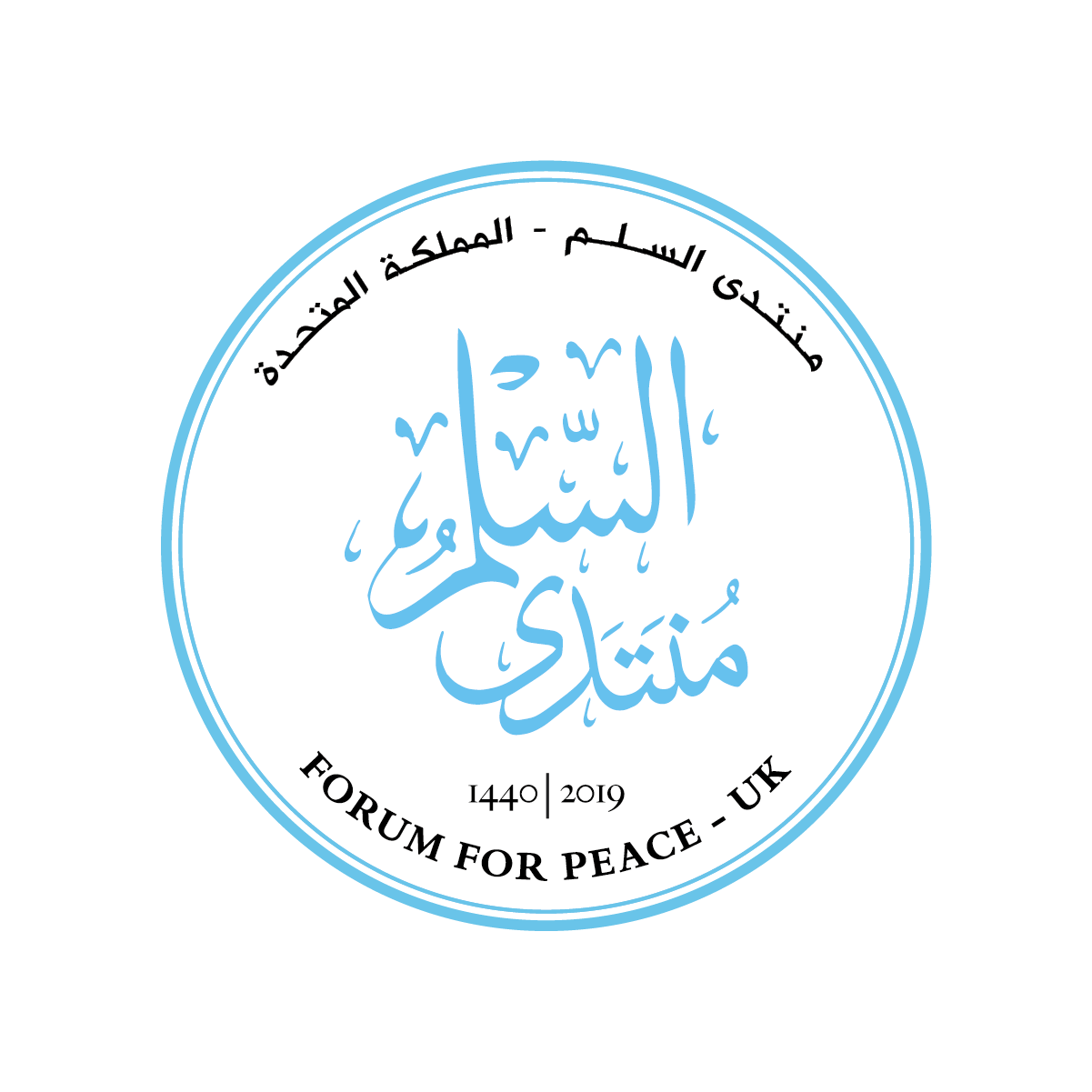
Promoting Inclusive Citizenship
At the heart of the Forum’s work is the promotion of inclusive citizenship: granting all communities and individuals the freedom to express their beliefs without persecution. The model of inclusive citizenship is inspired by the Charter of Medina created in the seventh century on behalf of the Prophet (ﷺ), which formed the basis for an inclusive multi-ethnic state where citizens were, as the Shaykh has described, ‘defined in a just constitution, confirming that they were one nation’.
Inclusive citizenship is not only a means toward cultivating the virtue of difference in the pursuit of seeking universal truth; it is a necessity in a globalised and pluralistic world:
‘It is our duty, today, to take the initiative and foster a culture of coexistence. We must establish citizenship charters at both a domestic and foreign level. A domestic charter is basically the constitution of a particular land which, in effect, is a contractual agreement between all the citizens of that land…such a constitution should have a human dimension which isn’t att odds with the religion and marries with the intellect and universal values’ – By Shaykh Abdallah bin Bayyah
The vision of inclusive citizenship is also inspired by the Islamic concept of benevolence – in the Qur’an, birr – and its implications for the contemporary context. Encapsulated within this concept are the twelve values listed by the Shaykh, namely cooperation and solidarity; maintaining good relations with one and other; brotherhood and mutual understanding; wisdom, righteousness, justice, mercy, patience, tolerance, love, dialogue, and moderation.
Through inclusive citizenship and hospitality more broadly, Muslim societies can actualise these universal values which possess the power to bind communities together with a shared aim toward the common good. Far from a modernising project, this approach promotes a return to the original message of the Qur’an as one which promotes citizenship, benevolence and hospitality:
“The revival of the premodern and sacred language of hospitality is not a challenge to the more secular language of contemporary human rights or the rule of international law, but rather posits a parallel framework for rethinking certain obligations and duties incumbent on us all” – By Shaykh Abdallah bin Bayyah
The Social Values of Islam
Gentleness and Benevolence
The Qur’an says, “He does not forbid you to deal gently and justly with anyone who has not fought you for your faith nor driven you out of your homes: God loves the just” (60:8).
Dignity
The Qur’an says, “He does not forbid you to deal gently and justly with anyone who has not fought you for your faith nor driven you out of your homes: God loves the just” (60:8).
Being Just with Others
“God commands justice, doing good, and generosity toward relatives, and He forbids what is shameful, blameworthy, and oppressive. He teaches you so that you may take heed” (Qur’an 16:90).
Reconciliation
“Make things right between you” (Qur’an 8:1).
Commonweal
“We will not deny those who work for rectitude their just rewards” (Qur’an 7:170).
Wisdom
“Whoever is given wisdom has truly been given much good, but only those with insight bear this in mind” (Qur’an 2:269).
Mercy
“It was only as a mercy that We sent you (Prophet) to all people” (Qur’an 21:107). “My mercy encompasses everything” (Qur’an 7:156).
Human Solidarity and Interaction
“People, We created you all from a single man and a single woman, and made you into races and tribes so that you should get to know one another. In God’s 32 eyes, the most honored of you are the ones most mindful of Him; God is all knowing, all-aware” (Qur’an 49:13). This is the basis of interaction between peoples, not dominance as is found in the Hegelian dialectic that is predicated upon perpetual dominance based on the “master/slave” theory.
Covenants
Fulfilling treaties and covenants is considered a sign of true faith. It is the basis of harmony, trust, and coexistence between individuals and societies, irrespective of people’s beliefs or socioeconomic status. “O you who believe, fulfill your obligations” (Qur’an 5:1). “If they seek help from you against religious persecution, it is your duty to help them, except against people with whom you have a treaty; God sees all that you do” (Qur’an 8:72).
Peace
Peace, an even higher principle and value, remains lofty, and, in reality, is the ultimate objective and goal of all the values listed here. “O you who believe, enter wholeheartedly into a state of peace through submission, and do not follow Satan’s footsteps, for he is your sworn enemy” (Qur’an 2:208). “But if those who oppose you incline towards peace, you (Prophet) must also incline towards it” (Qur’an 8:61).
Cooperation, Solidarity, and Rectification
“Help one another to do what is right and good; do not help one another towards sin and hostility” (Qur’an 5:2). “Do not corrupt the earth after it has been set right” (Qur’an 7:56). “Do not seek to spread corruption in the land, for God does not love those who do this” (Qur’an 28:77). “God knows those who spoil things and those who improve them” (Qur’an 2:220).
